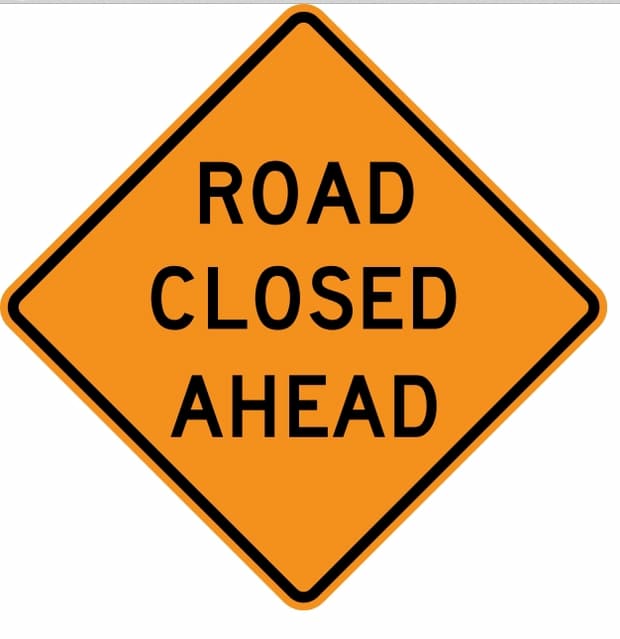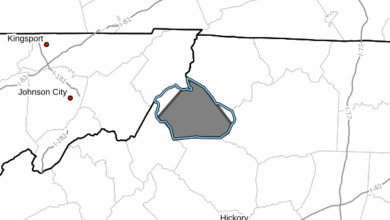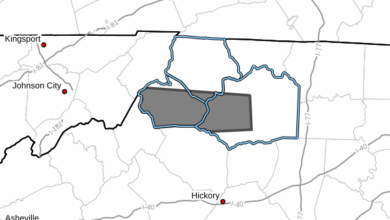Last Updated on June 21, 2016 4:53 pm
A controversial measure passed by lawmakers in the 1980s has been struck down by the North Carolina Supreme Court, and will impact the way NCDOT goes about securing land for future highway projects.
The Map Act was passed in 1987 by state legislators to control land and land acquisition prices in the path of planned future highways. NCDOT is required to pay fair market value to property owners whose land is being used for highways, however under the Map Act landowners in the designated future project areas could not build or improve on their land without NCDOT approval, since that would in effect raise the fair market value price.
The Supreme Court case stems from a lawsuit by a group of landowners, in Forsyth County, against NCDOT after their land was included in a protected corridor for a planned beltway in 1997. The landowners argued that their land was essentially seized by the state without any compensation since they were in a “planned” highway project.
In the Supreme Court ruling Justice Paul Newby wrote “By recording the corridor maps at issue here, which restricted plaintiffs’ rights to improve, develop, and subdivide their property for an indefinite period of time, NCDOT effectuated a taking of fundamental property rights,”
The ruling affirms a 2015 North Carolina Court of Appeals decision that the Map Act was unfair to property owners in the impacted designations. North Carolina Secretary of Transportation Nick Tennyson told a general assembly committee in 2015, “”If we had to buy every property affected by the Map Act today it would be over $600 million.” The North Carolina House voted in 2015 to repeal the act 114-0, while the bill stalled in the Senate.
NCDOT officials are reviewing the court ruling, which came down on Friday June 10, and will decide how to proceed according to several published reports.

















